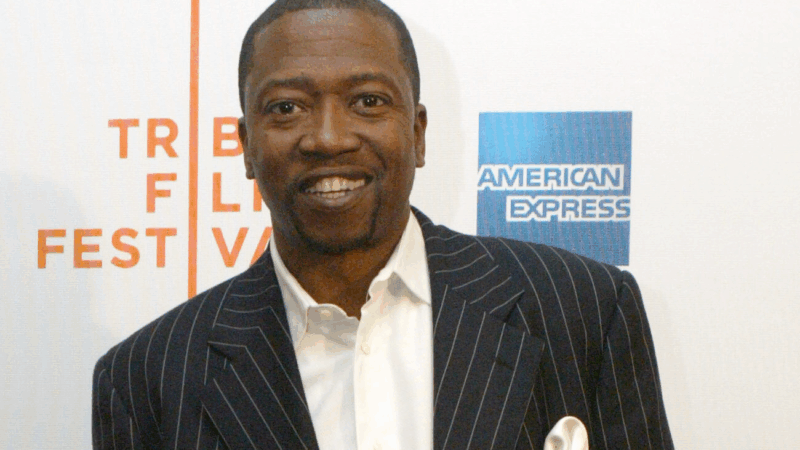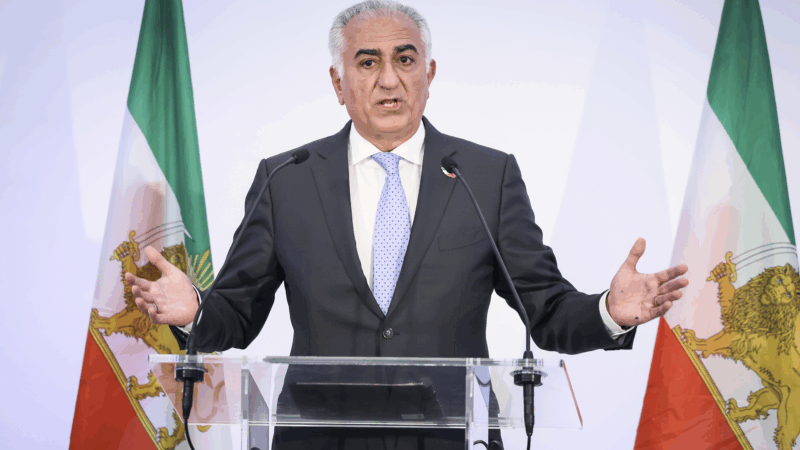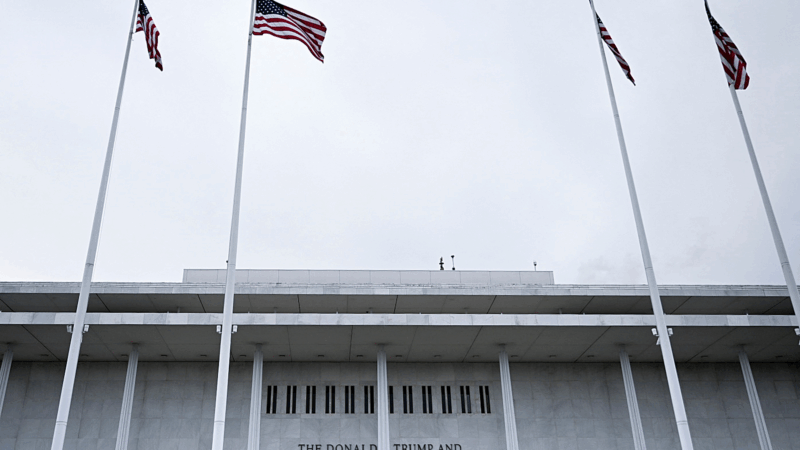Trump says 25% tariffs on imports from Canada and Mexico will go ahead
President Trump on Monday declared that he would slap 25% tariffs on imported goods from Canada and Mexico starting on Tuesday, after weeks of speculation that the threat would be lifted or the rate lowered.
Trump said the tariffs would punish Canada and Mexico — partners in a trilateral trade agreement — for fentanyl trafficking. But he also said the move would encourage car manufacturers and other businesses to move their production to the United States.
“I would just say this to people in Canada or Mexico: if they’re going to build car plants, the people that are doing them are much better off building here, because we have the market where they sell the most,” Trump told reporters at the White House.
Trump is also set to add another 10% to tariffs on imports of Chinese goods, after initially applying tariffs of 10% last month.
The fate of Trump’s tariff threat has been up in the air for weeks
Trump’s tariff threats have weighed on markets, although there has been considerable uncertainty over whether he would go ahead with the 25% tariffs.
Trump had originally said the tariffs would begin on Feb. 1, but then gave leaders of the two countries a month to show they were curbing illegal immigration into the United States as well as drug trafficking.
Last week, he briefly said he would put off the tariffs until April 2 — then a day later, said that March 4 was the deadline.
During the weekend, Commerce Secretary Howard Lutnick said that the decision on the tariff rate was still up in the air, telling Fox News that the two nations had “done a reasonable job” curbing migration but not fentanyl.
“He’s sort of thinking about right now how exactly he wants to play it with Mexico and Canada, and that is a fluid situation,” Lutnick said on Sunday.
Trump said there was no wiggle room left for talks
During an event with Taiwan Semiconductor Manufacturing Co (TSMC) chief executive C.C. Wei at the White House on Monday, Trump said that the 25% tariffs would go ahead.
Asked whether there was any wiggle room for the two countries to negotiate the rate, Trump said: “No room left for Mexico or for Canada.”
“The tariffs, they’re all set, they take effect tomorrow,” he said.
Canada and Mexico have vowed to retaliate.
TSMC announced on Monday that it plans to spend $100 billion on semiconductor plants in Arizona, bringing the company’s total investments in the United States to about $165 billion.
Lutnick noted that TSMC had received a $6 billion grant from the CHIPS Act which spurred its plans to spend $65 billion on plants in Arizona — but is now spending $100 billion because of Trump’s threat to put tariffs on semiconductor imports.
Veteran actor T.K. Carter, known for ‘The Thing’ and ‘Punky Brewster,’ dies at 69
T.K. Carter gained fame as Nauls the cook in John Carpenter's 1982 horror classic, "The Thing."
Who is Reza Pahlavi, the exiled Crown Prince encouraging demonstrations across Iran?
In exile for nearly 50 years, Iran's Crown Prince Reza Pahlavi has issued calls urging Iranians to join protests sweeping the country. But support for him may not be clear cut.
US launches new retaliatory strikes against ISIS in Syria after deadly ambush
The U.S. has launched another round of strikes against the Islamic State in Syria. This follows last month's ambush that killed two U.S. soldiers and an American civilian interpreter.
6 killed in Mississippi shooting rampage, authorities say
The alleged gunman, 24, has been charged with murder after the Friday shootings in northeast Mississippi. The victims include his father, uncle, brother and a 7-year-old relative, authorities said.
Washington National Opera leaves Kennedy Center, joining slew of artist exits
The WNO is just the latest to say they will no longer perform at the Kennedy Center since Trump took over last year.
Ukrainian drones set fire to Russian oil depot after Moscow launches new hypersonic missile
The strike comes a day after Russia bombarded Ukraine with hundreds of drones and dozens of missiles, including a powerful new hypersonic missile that hit western Ukraine.





